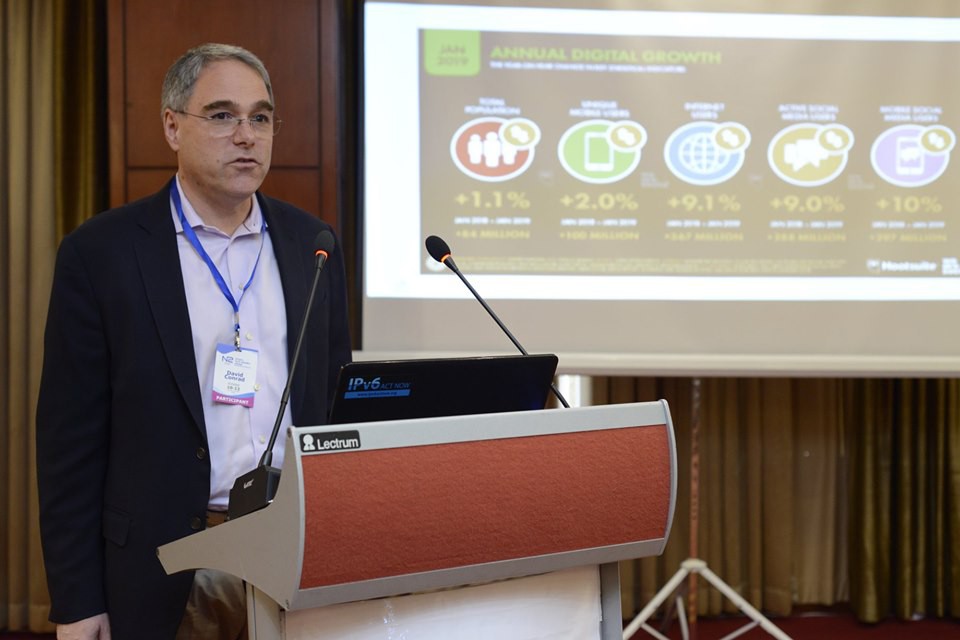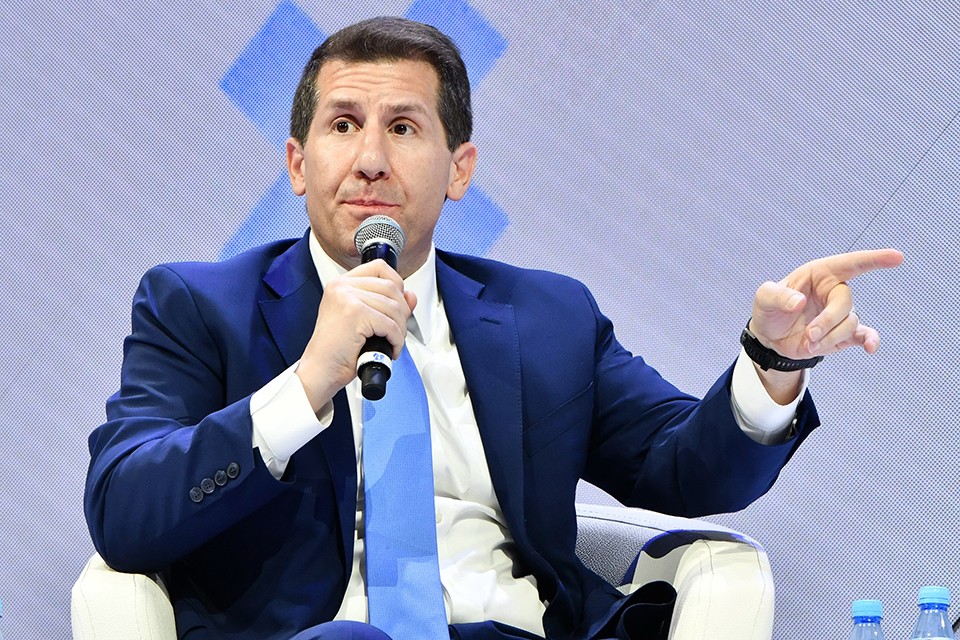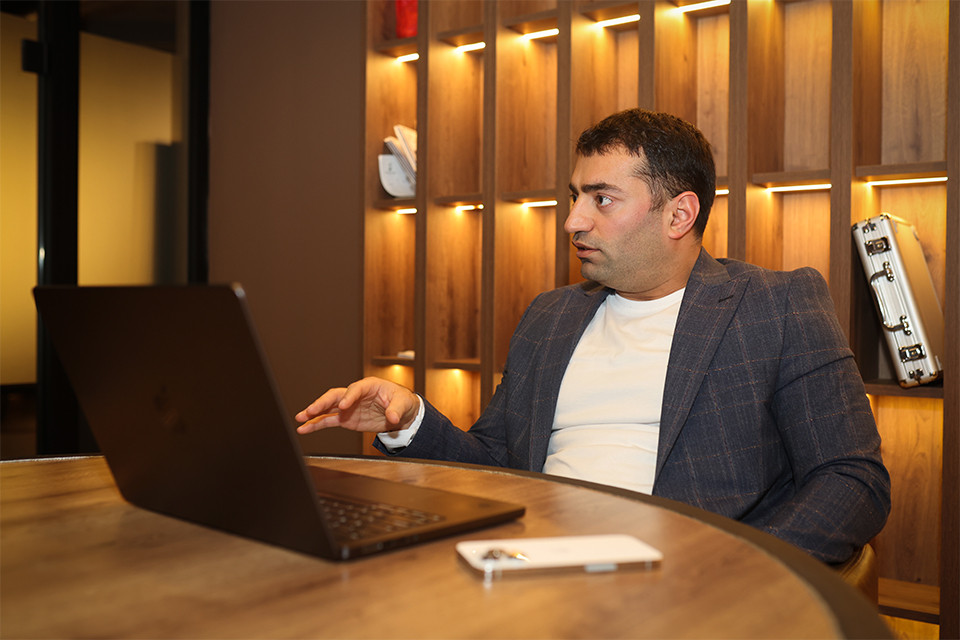-
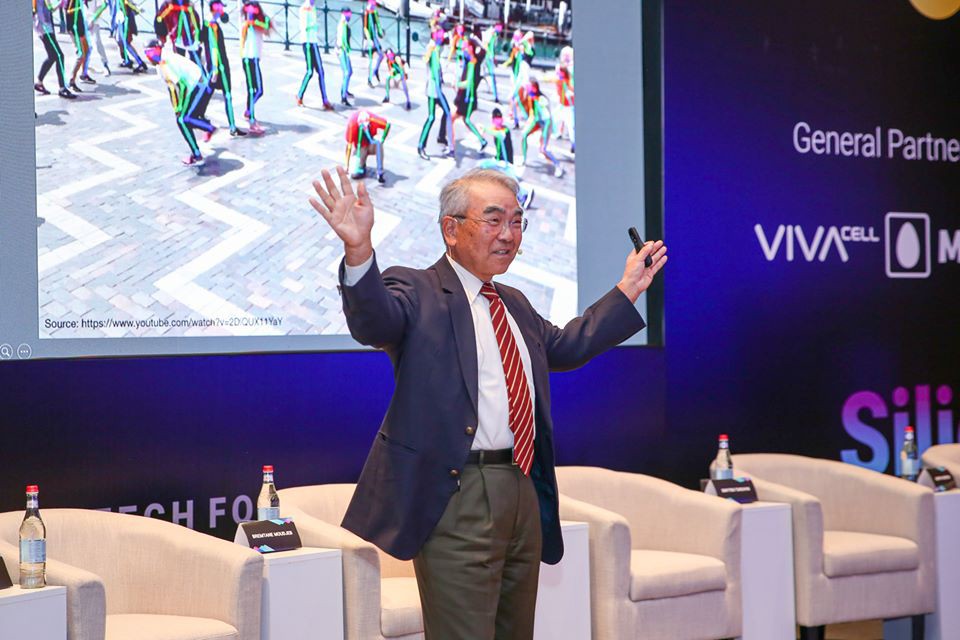
Takeo Kanade
-
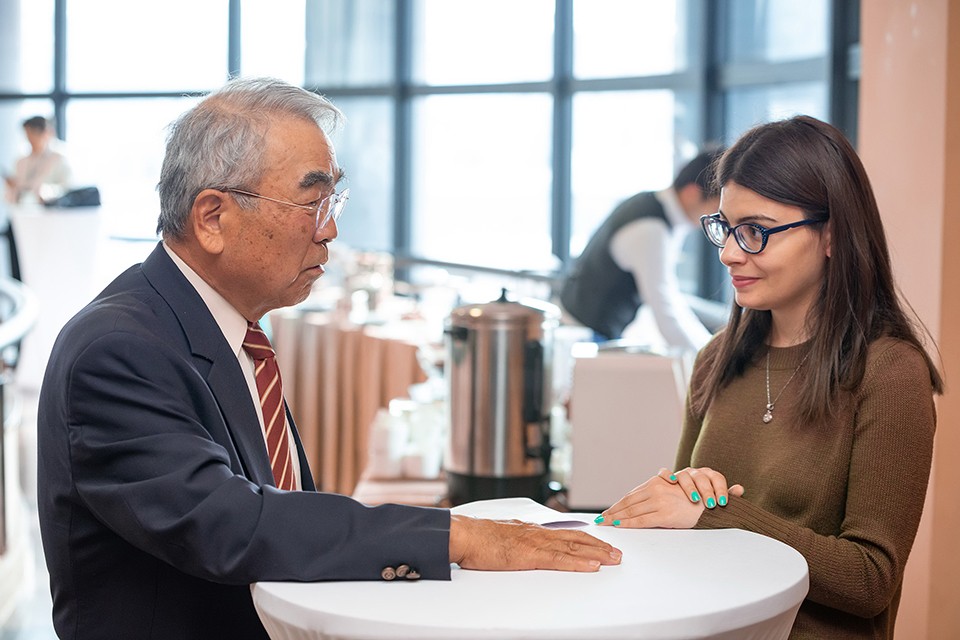
Takeo Kanade and Narine Daneghyan
14:43 | 12.12.19 | Interviews | exclusive 295321
Takeo Kanade: Armenia looks at high tech as the future, which is impressive
On December 6 Japanese scientist, Professor at the Carnegie Mellon University, creator of the “Origami World” theory and author of the concept of “virtualized reality” Takeo Kanade received the Armenian State Award for Global Contribution to Humanity through IT (the Global IT Award).
Earlier, on December 4, the renowned scientist attended the Silicon Mountains conference in Yerevan, which focused on smart solutions and global IT trends coming in the next few years. The conference was organized by the Union of ICT Employers in cooperation with the Armenian Ministry of High-Tech Industry. The main partner of the event was VivaCell-MTS.
Despite the tightly packed schedule of his visit to Armenia, Dr. Takeo Kanade kindly agreed to answer some questions from Itel.am.
Dr. Kanade, Armenia handed this award to many prominent tech leaders before, such as Apple co-founder Steve Wozniak, Kaspersky Lab CEO and Chairman Eugene Kaspersky and iPod creator Tony Fadel. How do you feel after receiveing the Global IT Award?
I have to say that I am humbled to be on the same list with the previous laureates, who are legendary people. Armenia looks at high tech and especially IT as the future, which is impressive. It’s easy to make slogans, everybody does, but here high tech and IT is more than a slogan. That’s worthy of respect, and being recognized by such a country is an honor.
 Takeo Kanade and Narine Daneghyan
Takeo Kanade and Narine Daneghyan
You have attended quite a lot of meetings in Armenia, so you probably have a good understanding of Armenia’s tech sector. How can Armenia develop its existing technological potential, what do you think?
One thing I have heard of that is being done is providing young people the opportunity to get exposed and getting connected with talented people worldwide.
In my mind, competition is a good thing, in order to do well you need to have determination to do better. Sometimes competitiveness is taken as not such a great thing, but I believe that good, serious competitiveness with respect towards other potentially more talented and people is a healthy thing. Moving higher occurs only from that, I think. In my past, I got acquainted with many people who were smarter and more ambitious than me, and that’s important. I believe that having that kind of environment is the key to success.
What would be your advice to the people in Armenian tech community who are excited to use AI in their solutions?
My usual advice is work on the problem you have. Don’t make up a story; make up a problem. Working on non-existing problems is always failure. Every theory, even a basic one has been done by people who had a valuable problem to be solved. That’s what I always teach my students.
Narine Daneghyan talked to Takeo Kanade


